Springfield News
-
Just two months into the job, Gov. JB Pritzker’s approval rating is only 2 percentage points higher than his disapproval rating, according to a new poll out Wednesday. The Illinois Supreme Court said Wednesday it would not hear an appeal over HB 40, a 2017 law that expanded access to abortion for those on Medicaid and state workers. A bill that would force the State Board of Elections to report to the General Assembly will be amended after the board publicly opposed the legislation.
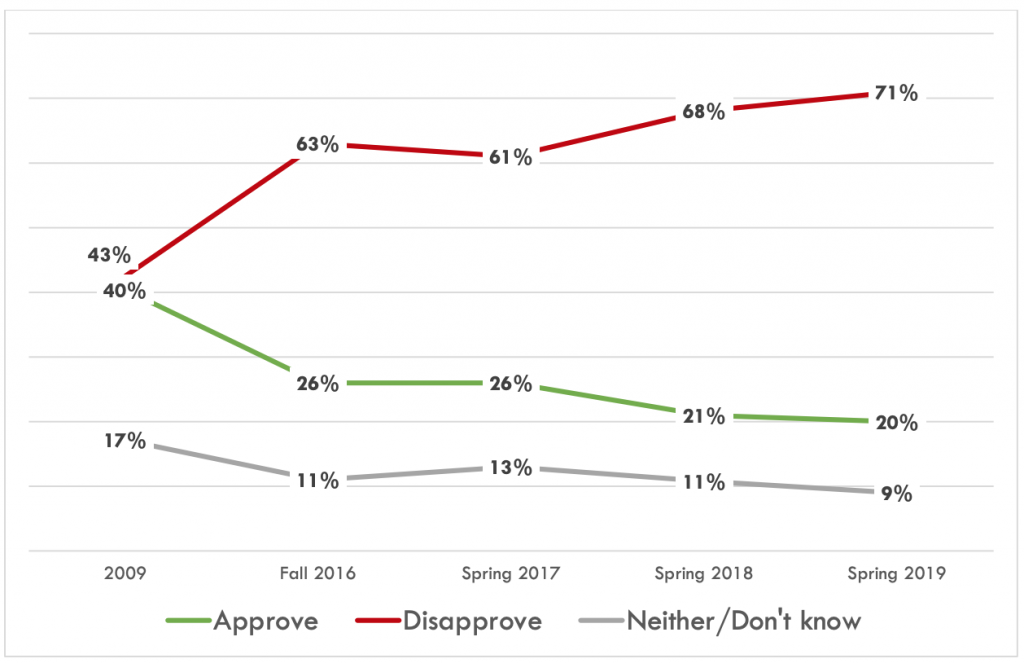 [Paul Simon Public Policy Institute]
[Paul Simon Public Policy Institute]
-
Now that Democrat JB Pritzker is governor, Illinois Manufacturers’ Association President and CEO Mark Denzler wants to pick his battles carefully.
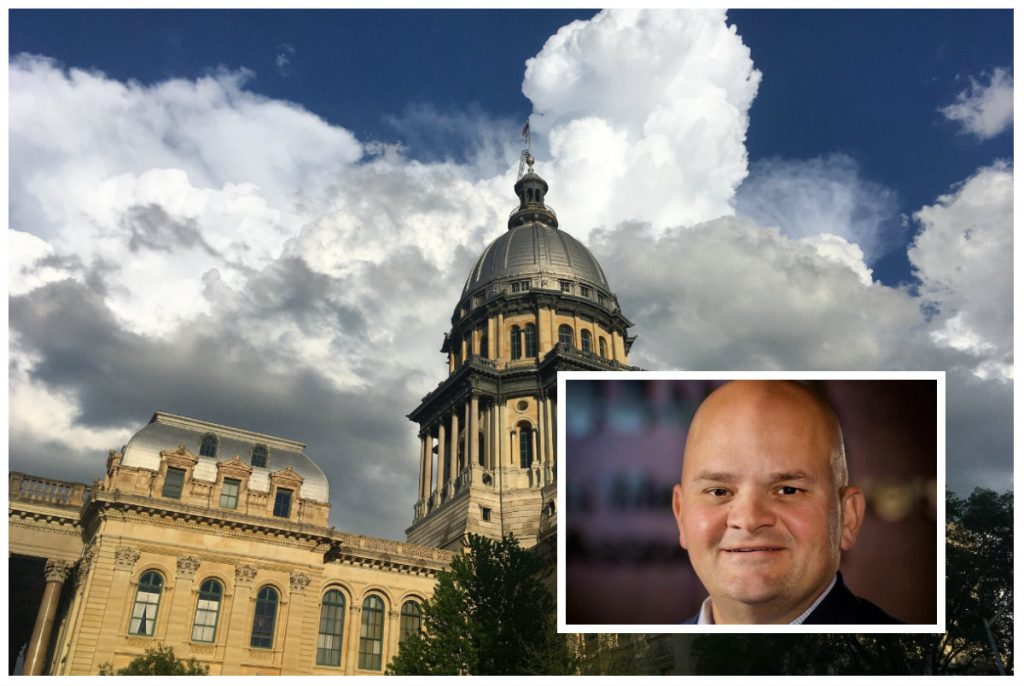 Illinois Manufacturers’ Association President and CEO Mark Denzler [Submitted]
Illinois Manufacturers’ Association President and CEO Mark Denzler [Submitted]
Denzler, who has been at IMA’s helm for only a few months after years of working under former leader Greg Baise, has long advocated for pro-business reforms, and is well-known for his ideas for overhauling Illinois’ workers’ compensation system.
But in introducing IMA’s six-bill legislative agenda Tuesday, workers’ compensation reform was nowhere to be found.
“There are interest groups that have no interest in working on this, and I just don’t think we’re going to have any action in the House or Senate so we’re trying to focus on things where we can have movement this year,” Denzler said at a Capitol news conference.
Instead of expending time and energy drafting legislation and lobbying on workers’ comp bills this session, the group is turning its attention to both measures with the potential for bipartisan support, and fighting against any progressive ideas coming from the governor’s office.
-
Approximately 40,000 home care personal assistants and child care workers who belong to SEIU Healthcare Illinois will see raises in their checks beginning April 1 — raises granted to them in the two most recent state budgets, but never paid out by former Gov. Bruce Rauner.
-
Five years after Illinois began accepting applicants for its medical marijuana program, the state is on the cusp of legalizing recreational marijuana.
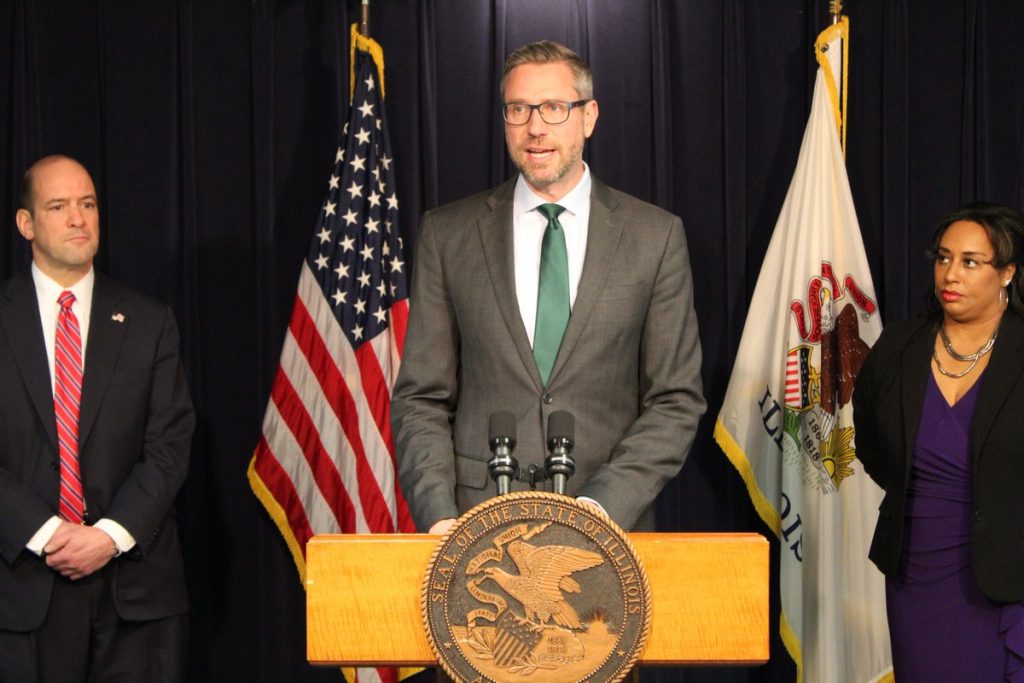 Illinois Treasurer Michael Frerichs unveiled legislation that would protect state-chartered banks that do business with cannabis companies. [Illinois Treasurer]
Illinois Treasurer Michael Frerichs unveiled legislation that would protect state-chartered banks that do business with cannabis companies. [Illinois Treasurer]
But the drug is still classified as a “Schedule 1” substance under federal law, which makes many banks nervous to work with companies that technically traffic in an “illegal” product.
As a result, most of the medical cannabis industry is “unbanked,” and are mostly cash-only enterprises. Illinois Treasurer Mike Frerichs warns that business model is extremely risky.
-
Gov. JB Pritzker’s progressive tax proposal is dependent on approximately 175,000 taxpayers in the top 3 percent to make his proposed graduated income tax work, according to numbers released by the governor’s office Friday. Meanwhile, Fitch Ratings Inc. said Illinois’ general obligation bonds remain two notches above junk status ahead of a bond sale later this month, but was not as hopeful as another ratings agency had been last week about Illinois’ finances.
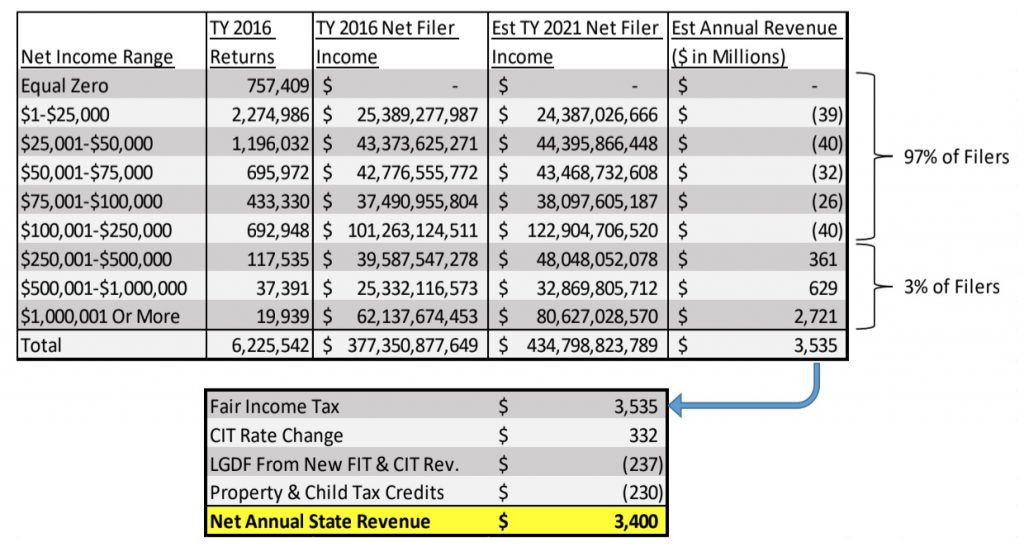 [Gov. JB Pritzker’s office]
[Gov. JB Pritzker’s office]
-
Construction crews hoisted the final massive concrete panel into place Friday on the veterans facility under construction on Chicago’s Northwest Side designed to house veterans suffering from Alzheimer’s Disease and dementia.
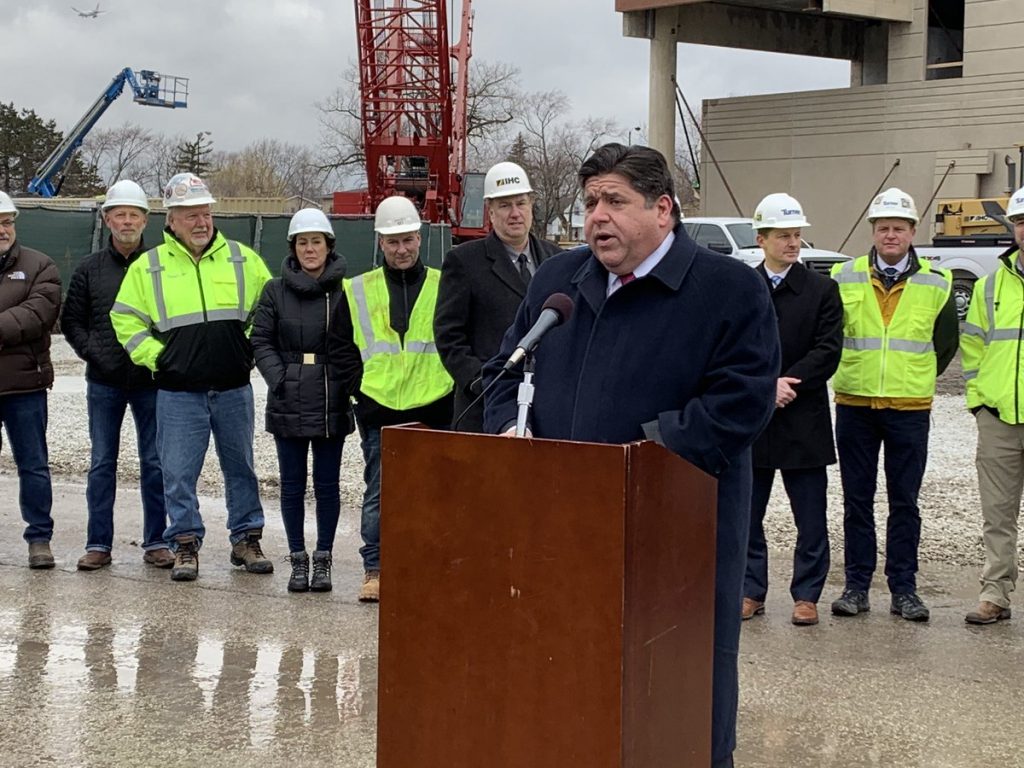 Gov. JB Pritzker celebrates progress being made on the construction of a new veterans home in Chicago. [Heather Cherone/The Daily Line]
Gov. JB Pritzker celebrates progress being made on the construction of a new veterans home in Chicago. [Heather Cherone/The Daily Line]
Gov. JB Pritzker said the 200-bed facility, the first of its kind in Chicago, would open in December — nearly four and a half years behind schedule after being stalled by the budget impasse under former Gov. Bruce Rauner that lasted for more than two years.
-
Credit rating agency Standard & Poors on Thursday said there is no longer an imminent threat of of Illinois’ credit rating falling below investment grade — and offered a glimmer of hope for a credit upgrade — if Illinois makes “sustainable progress” in improving its fiscal situation. Meanwhile, Gov. JB Pritzker on Thursday visited the Quincy Veterans Home for the first time while in office, and indicated construction on a new facility will begin this year.
 The Quincy Veterans Home. [State of Illinois]
The Quincy Veterans Home. [State of Illinois]
-
On the last day of the Fall Veto Session in 2016, lawmakers approved a controversial mashup of policies all thrown together in a bill dubbed the Future Energy Jobs Act.
 The twin cooling towers of the Byron Generating Station. [Exelon]
The twin cooling towers of the Byron Generating Station. [Exelon]
While much of the attention at the time was focused on what some called a “bailout” of two nuclear power plants that energy giant Exelon had threatened to close, the law also required Illinois to buy increasing amounts of wind and solar power, while investing in energy efficient technologies.
In setting these benchmarks and promising more clean-energy jobs, dozens of groups jumped on board to support the bill, including utilities, labor, business and environmental groups.
But last summer, a decision by the Federal Energy Regulatory Commission told Illinois — and the dozens of other states that have moved to set benchmarks to buy more clean energy — that imposing those goals interferes with the “proper operation of wholesale electricity markets.”
-
Eleven years after the state banned smoking in all public places, a bill to outlaw the sale of tobacco to those younger than 21 is set to pass the Illinois Senate Thursday and make its way to Gov. JB Pritzker’s desk.
 While smoking rates had been on a downward trend for years, youth tobacco use is on the rise. [Flickr/Julie]
While smoking rates had been on a downward trend for years, youth tobacco use is on the rise. [Flickr/Julie]
Pritzker has said he will sign the bill.
It’s the fourth try for a bill that has sputtered after getting halfway through the General Assembly, and last year died when former Gov. Bruce Rauner vetoed the bill and lawmakers couldn’t find enough votes in the House to override.
-
In a version of Illinois government where progressive ideas are no longer a pipe dream, and the state’s own billionaire governor is the one leading the charge on measures like a $15 minimum wage and a graduated income tax, bills to lift Illinois’ ban on rent control may have a chance of getting all the way to a floor for a vote this spring.
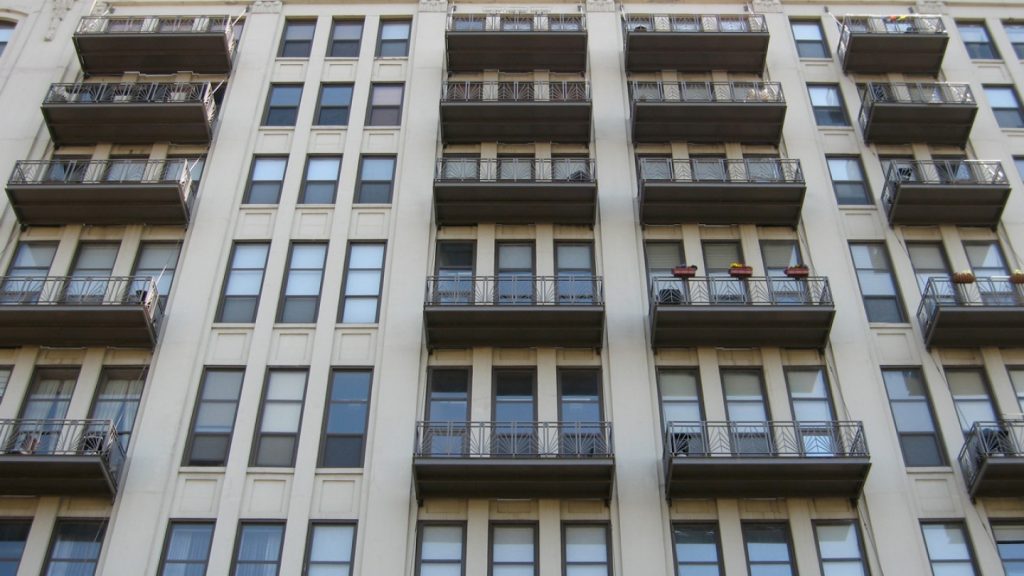 Chicago is short nearly 120,000 affordable homes. [BRIAN KELLY / FLICKR]
Chicago is short nearly 120,000 affordable homes. [BRIAN KELLY / FLICKR]











